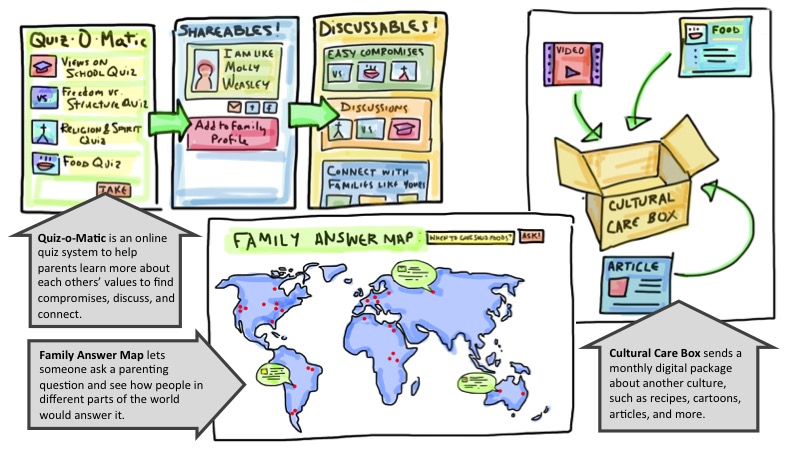Investigating the Potential for Miscommunication Using Emoji
By Hannah Miller on
Hey emoji users: Did you know that when you send your friend ![]() on your Nexus, they might see
on your Nexus, they might see ![]() on their iPhone? And it’s not just
on their iPhone? And it’s not just ![]() ; this type of thing can happen for all emoji (yes, even
; this type of thing can happen for all emoji (yes, even ![]() ). In a paper (download) that will be officially published at AAAI ICWSM in May, we show that this problem can cause people to misinterpret the emotion and the meaning of emoji-based communication, in some cases quite significantly.
). In a paper (download) that will be officially published at AAAI ICWSM in May, we show that this problem can cause people to misinterpret the emotion and the meaning of emoji-based communication, in some cases quite significantly. ![]() , we know.
, we know.
What’s more, our work also showed that even when two people look at the exact same emoji rendering (e.g., ![]() ), they often don’t interpret it the same way, leading to even more potential for miscommunication.
), they often don’t interpret it the same way, leading to even more potential for miscommunication. ![]()
![]() !
!

